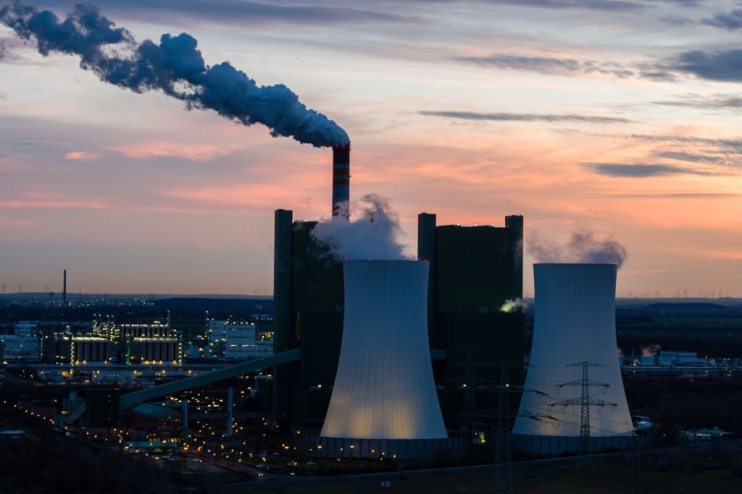Current carbon pricing is too low to stop climate change, new research says

Carbon pricing is currently too low to stop climate change, according to new research published ahead of COP26 – when carbon market rules are scheduled to be agreed.
In its latest whitepaper, which seeks to make carbon pricing more effective, the Climate Crisis Advisory Group (CCAG) estimated that today’s policy targets would likely lead to global warming of around 2.7C by the end of the century.
Climate change of 2.7C, surpassing the Paris Agreement’s goal of keeping global temperatures below 1.5C, will send shockwaves through the natural world.
The world’s current Nationally Determined Contributions (NDCs) – which mark each country’s efforts to cut national emissions – suggest that the planet is on track to be only 16 per cent over 2010 levels of global greenhouse gas emissions in 2030, the CCAG found.
However, to hold off warming to less than 1.5C, the world needs to be at 45 per cent below 2010 levels in the next nine years, the group said.
“A properly functioning carbon price covering a large number of countries would send clear signals across global supply chains and help address the distributional impacts of the energy transition,” chair of Climate Crisis Advisory Group, Sir David King said.
“Without significant international fiscal policy revisions such as this, we will categorically lose our fight against climate change, where climate-related disasters become our only certainty.”
CCAG, an advisory group of scientists, has set out its recommendations ahead of the UK’s hosting of COP26 in November – where decision makers will likely outline fresh rules for carbon-heavy markets.
An alternative
“Carbon pricing schemes have had a positive and significant impact on emissions reductions so far, particularly when it comes to transitioning away from the use of coal and oil, as well as in some areas on clean energy innovation,” King added.
Which is why the group’s whitepaper has called for a higher carbon price, which covers emissions beyond CO2 and has a wider sector and geographical coverage.
The report also urged that carbon price revenues to be openly redistributed to avoid financial hardship for vulnerable and low-income households.
Though carbon pricing schemes have already been picked up by countries, including the European Union’s Emissions Trading System, the CCAG offered an alternative – one which levies charges at the point of fossil fuel extraction, based on the amount of CO₂ formed in the process which results in it being used as fuel.
It explained: “The benefits of such an approach include providing a price more easily comparable across borders, more inclusive of the range of end-uses for fossil fuels, as well as forging a linkage between the price of extraction and the price of usage.”